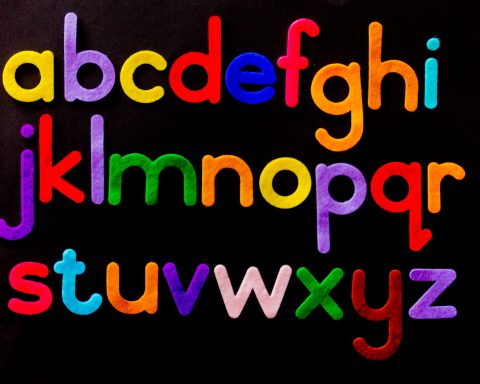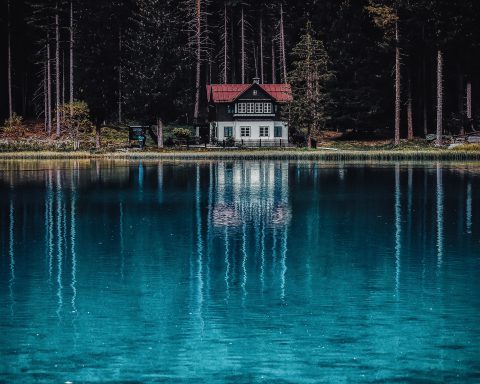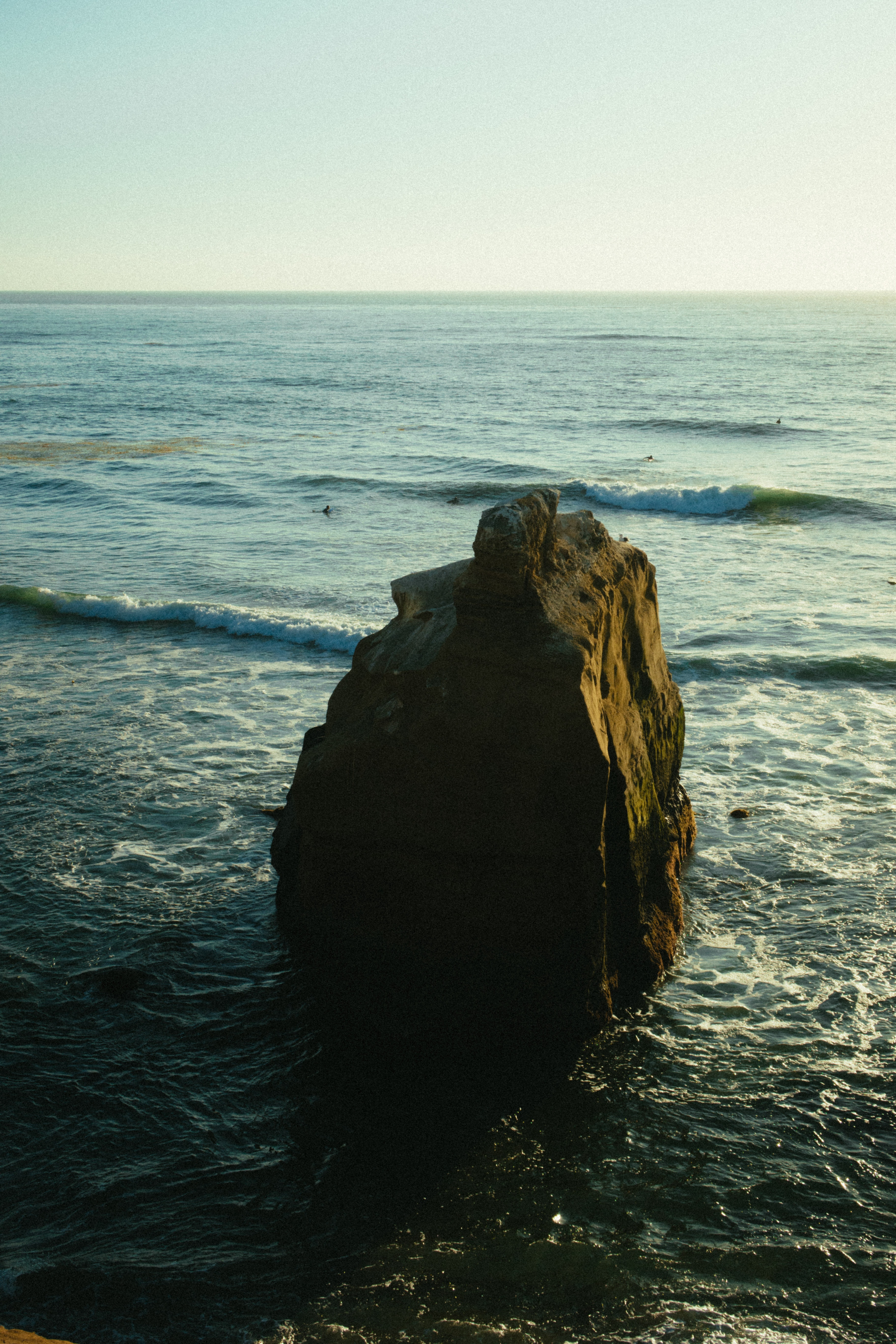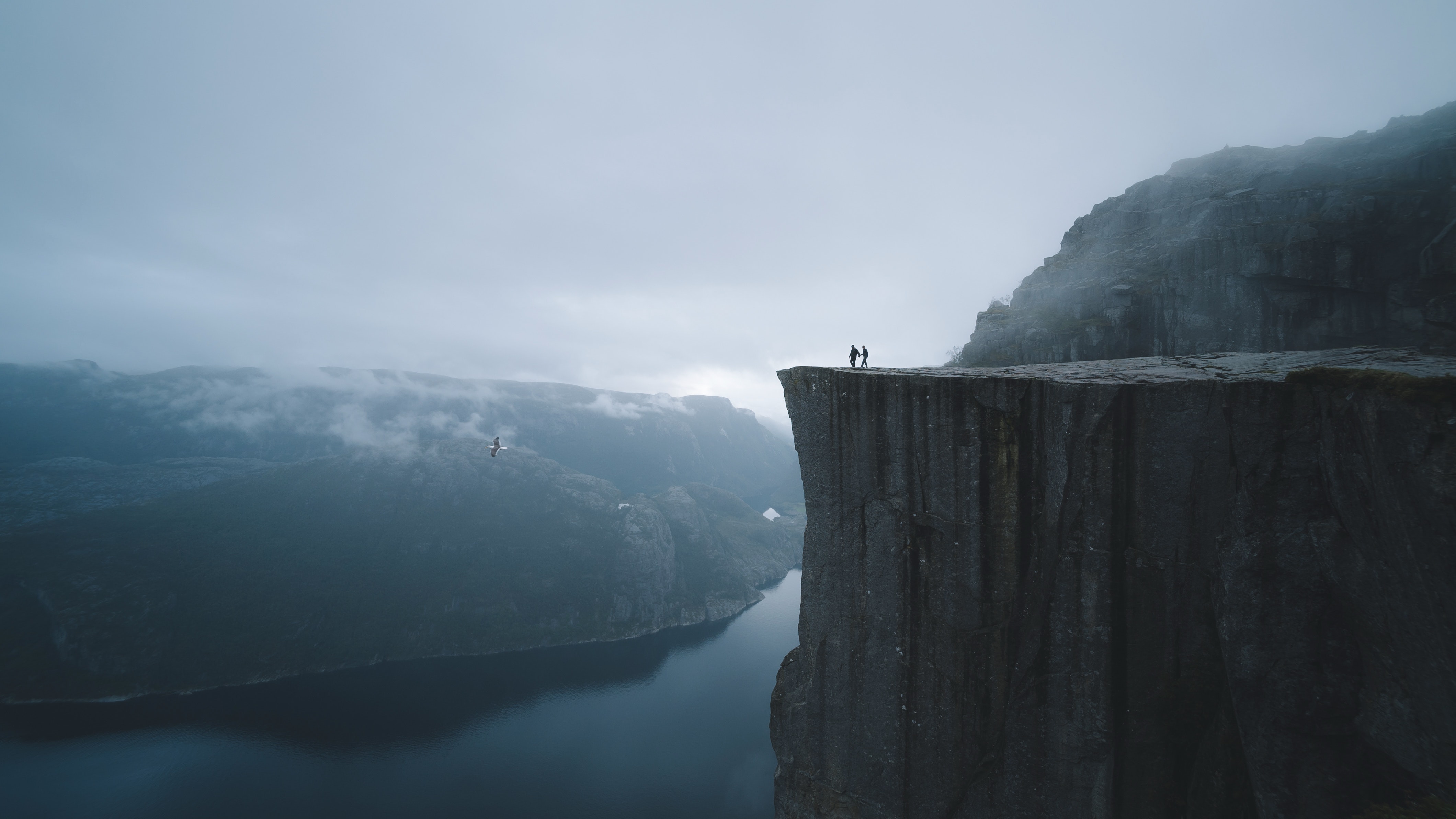The journey to faith in blue jeans and flip flops
Editor’s Note: As youth, how do we enter a tradition that values the common good? What culture of inquiry, based in trust, leads to a sense of responsibility that goes beyond rigid obedience? Here is one time-honored way: summer camp. Summer camps allow youth to put on new identities, escaping the pigeon holes of their neighborhoods and social circles. Being out there with God’s creation doesn’t hurt either, and serves as an invitation to transcendence–to being open to other and new things. For those readers who have never been to camp, here’s an inside story. For those who have been, it is an opportunity to reflect on how it affected our own faith journeys.
In placing this piece alongside the theme of “Defending the Common Good”, we recognize that, for each of us, our moral and faith experiences need places to root. Summer camp can provide an internal culture of faith and church that is open and inviting, and yet steadily endures.
For our readership in the PCUSA–As you read this and think of your favorite presbytery or even scout camps, think also of our national conference centers, Ghost Ranch, Stony Point, and Montreat. How do they do versions of what Kimberly Alexander describes here as the experience of Dunkirk Camp & Conference Center?

My favorite “fun fact” to list about myself when meeting new people is that I am a Christian summer camp counselor. I don’t use this fact because it’s unique or because it’s one people wouldn’t guess about me, but because it has become a crucial part of my identity.
I started going to Dunkirk Camp and Conference Center (DCC) when I was 16. That was the summer after I had decided I wanted to pursue science in college, a summer when I was struggling with the intersection of science and religion. It was the summer that I first truly felt the presence of God, as I took the first pivotal steps on my own faith journey–a journey that I needed to walk myself before I could see how to help others on theirs. I went to camp that year simply because my best friend was going. I had no idea that it would change my life.
At camp we spend an hour each morning in small groups discussing key issues in society, and we call this an “Issue Group”. There is one Issue Group that I will never forget. One morning, in the grass behind Cabin 14, I went to an issue group on “religion and science” and it was there that I took the first real step on my faith journey. We sat in a circle with the pastor and freely discussed questions we had about the topic. It was clear that there were no “bad” questions and it also seemed that there may not be one “right” answer. While we discussed, for the first time I realized that other kids had questions like mine. They wondered how evolution and God could go together. They wondered why people were telling them that a career in science would pull them away from their faith. They wondered if there was a way for religion and science to coexist.
___________________________________________
It took me a long time to reconcile my faith life and my career in science, but I began my journey that summer at DCC.
___________________________________________
I’d love to say we answered all these questions in that hour, but in truth we barely scratched the surface. What I really took away from the experience was the importance of asking questions about one’s faith. I realized that by doing this, my faith was becoming mine, and not just something my parents told me. It took me a long time to reconcile my faith life and my career in science, but I began my journey that summer at DCC.
Now, every year, I go back to counsel, and it gives me an overwhelming sense of purpose. I can think of no greater use of my time than helping young people come to their faith. But truthfully, I also counsel for me. I counsel because as an adult I still need that loving and accepting “DCC spirit” in my life. I pray each year that God will give me the chance to come back to camp so that I can rejuvenate my faith. It’s still the place where I hear Him the most clearly and it’s still where I learn the most about my faith. Be it because of our nightly Vespers services, self-reflective practices, or the amazing fellowship, for whatever reason it is truly my most sacred church.
I have a difficult time explaining the impact of specific activities of camp. I’ve had ten years of trying to get it right, and I still can’t capture the essence of it. But, if I were to try again, I would tell you some of what we do. We try to blend youth ministry with outdoor ministry. We try to reach youth that might not get much out of their Sunday sermons (or maybe have never been to church). We practice worship in the midst of God’s work, on the edge of Lake Erie as the sun sets. We wear t-shirts and blue jeans and make communion out of grape juice and Rice Krispies. We build a community in one week that’s stronger than some of the ones we live in for 51 weeks of the year. We play kickball and KanJam. We have Bible study and worship services. We are a multitude of people from all walks of life. We come from all over, with different socioeconomic status and different religious backgrounds. We have different journeys and different camp stories, but most of all, we are a family.

If you ask most people from DCC, they would tell you that the best part of camp is the people. Counselors say that the campers are truly incredible, as every year they form a community with each other that is free of judgment and ridicule. Campers say that the counselors are amazing and help them to be themselves as they discover their faith.
___________________________________________
Maybe the best part of all this question-asking is that the counselors are rarely unified in their answers.
___________________________________________
I don’t think that our campers always find their faith directly from our Bible studies (even though we have those). I think we help our campers most by creating a safe space to ask questions–about their fears, their identities, and their faiths. We enable them to voice their doubts and to work through them. If you ask some of the counselors who double as teachers, they might quote Vygotsky pedagogy and claim to be nothing more than “the more experienced other”… someone who is not an expert but has been around longer and has had more time to think about faith than they have. We share our experiences and our insights when the kids ask, but really we allow them to be leaders in their own faith journey.
Maybe the best part of all this question-asking is that the counselors are rarely unified in their answers. Several of us are from UCC churches. I’m from a Lutheran church. Some are Catholic or Presbyterian, or Agnostic. So, when the kids ask us a question, they often get to hear a diverse array of opinions and I think that this really helps them to formulate their own ideas. We don’t promote a single way of thinking or of worshipping, and maybe that is what makes Dunkirk so special.
For my part, I’m grateful for this safe space that we have created where all are accepted and free to question. I thank God for the chance to have it in my life.
*****
Author Bio:

Kimberly Alexander is a middle school science teacher in western New York. She earned her B.S. in Biology and Environmental Studies from Niagara University in 2015. Her senior thesis focused on the impact of invasive mussels on Lake Erie algal blooms. She went on to complete her M.S. Ed. in Middle Childhood and Adolescent Education, Biology, 5-12 from Niagara University in 2017, and recently finished the Summer Physics Academy at SUNY Buffalo State. Kimberly has been counseling at DCC for six years, primarily with Jr. and Sr. High- aged youth.






Unbound Social